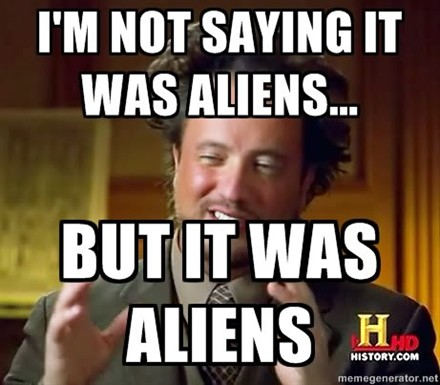Old books fascinate me. I was digging through a box of old books in search of one that I had spoken to my son about, and came upon a few others that I thought he might find of interest. I got to reflecting on local libraries and their disposal of print media in favor of computer terminals with internet access. A majority of local library users are seated in front of these terminals, not seeking titles in the stacks. We routinely hear of books being disposed of in order to make space for more "relevant" materials.
It seems to me that we are not far from a time when actual books will be all but gone. Their contents will be encoded into ethereal ones and zeroes--perhaps faithfully, perhaps carelessly or crudely edited. I wonder if the integrity of human knowledge can be maintained, or rather will it be revised by learned people who might deem the stories of history better told. First-person accounts of historical events will gradually be lost as their experiences are "updated" and interpreted for a modern audience.
I am amazed at the brevity of the collection at my local library. A handful of "classics" are available, but most of the shelf space is devoted to recent fiction, biography, and so very many "self-help" books. So many titles that I read as a youth are out of print and no longer even in the system. Has anyone else experienced this? What say ye?











































